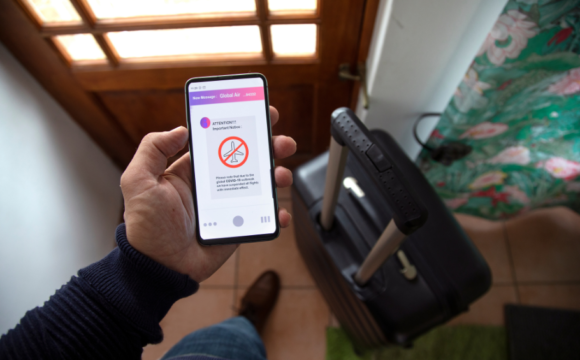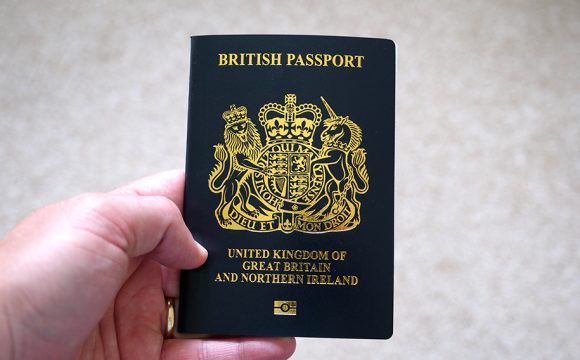This may be due to the fact that a fifth are nervous about driving on the other side of the road (21%), and don’t like having to get used to a gear stick and brake on the other side (18%), but some just think that local drivers drive too fast and ‘crazy’ (18%).
The survey asked hire car drivers their views on driving abroad:
- One in five (21%) are nervous about having to drive on the other side of the road, perhaps not surprisingly when…
- Almost a fifth (18%) have driven on the wrong side of the road by accident;
- 18% don’t like having gear stick on the other side;
- 18% think that local drivers drive too fast and crazy;
- 17% don’t trust foreign drivers;
- 16% find parking rules confusing;
- 15% feel more likely to have an accident abroad;
- 13% worried that won’t know what to do if they had an accident or break down abroad;
- 12% don’t understand the road signs in other countries;
- 9% worry about breaking local drink driving rules by mistake.
However, many travellers are diligent in their preparation for driving abroad including: buying a map (40%) and planning routes before arrival (55%); ensuring they have cash to pay tolls (48%); checking that they understand the main road signs (32%); and buying the necessary equipment to meet the country’s regulations, e.g., breakdown triangle, high visibility vest etc (35%). Only 7% say they buy what they need for driving aboard at the ferry or Eurostar depot before leaving the UK.
British people hiring a car abroad may be asked by the rental company for a licence ‘check code’, which allows the driver to share their driving record, including any penalty points or disqualifications they may have. It is valid for 21 days and can be obtained here. If driving in some non-EU countries, an International Driving Permit may be required.
For a useful guide on driving laws in the major EU countries, click here. Also, since May 2017, a new EU cross-border directive on traffic offences means British drivers can face a fine of up to £640 if caught speeding in the European Union. This new law allows foreign police officers to track down drivers who have committed offences abroad by using data obtained from the DVLA.
The survey was carried out by Opinium and commissioned by iCarhireinsurance.com.
















